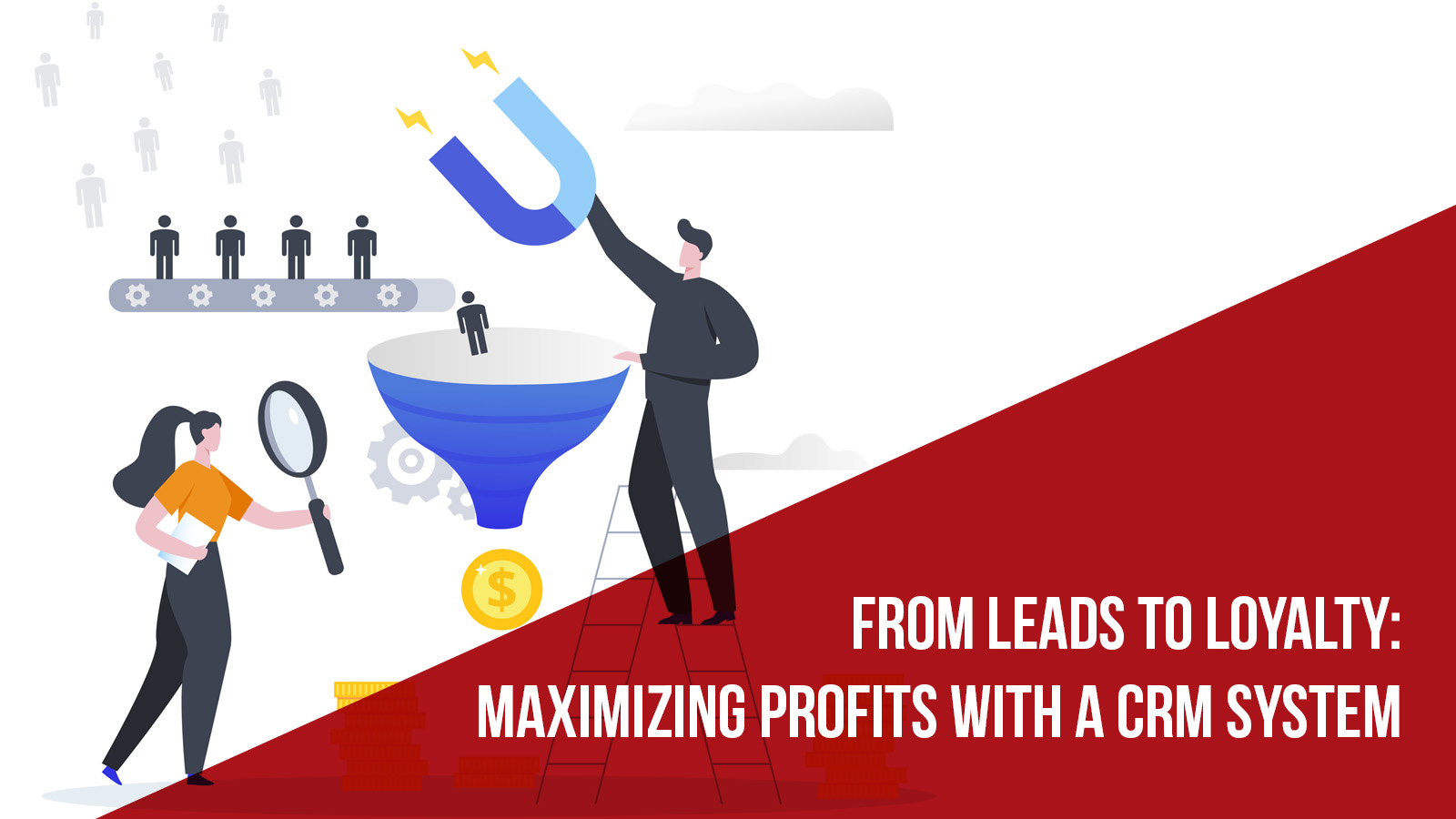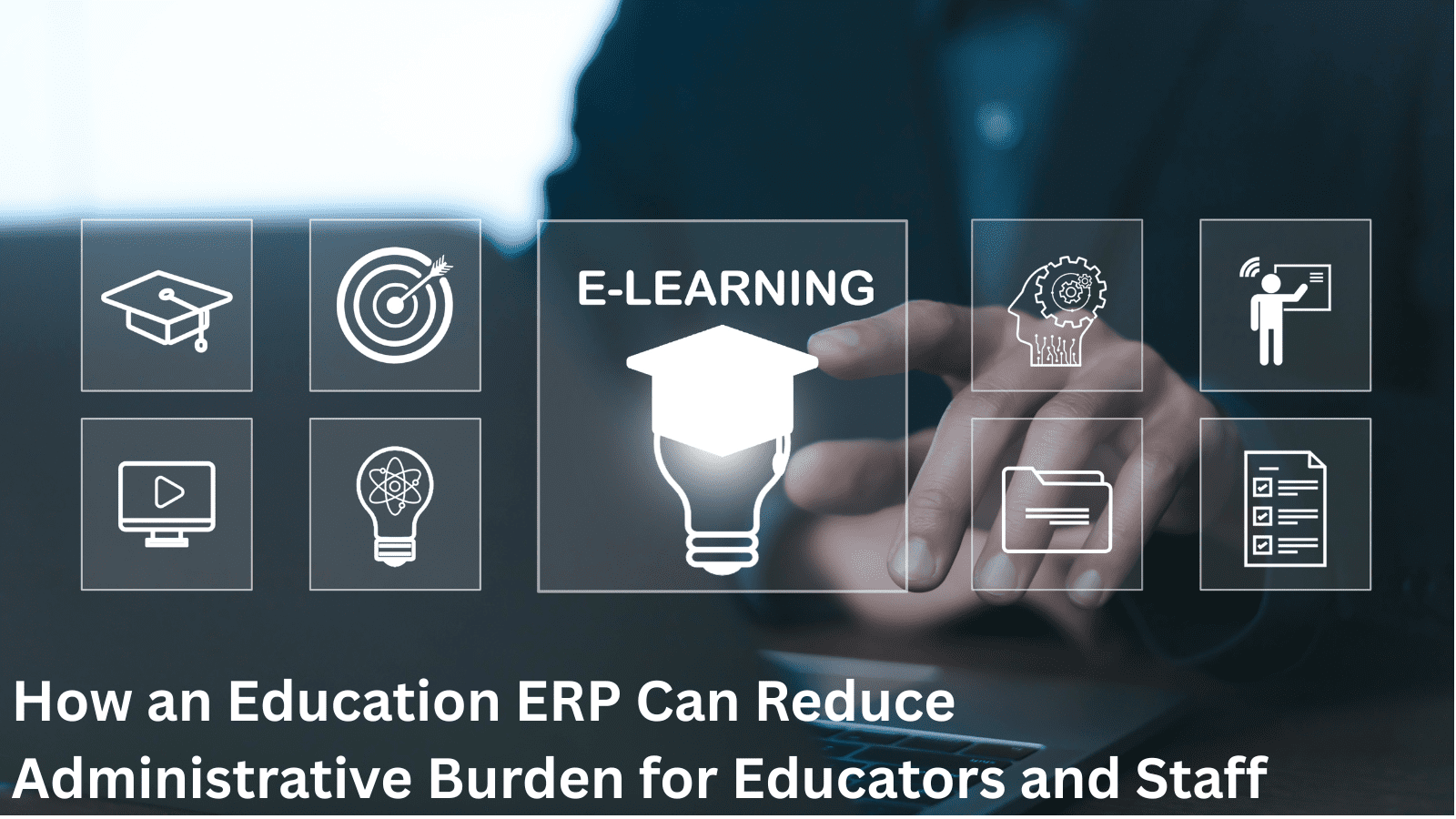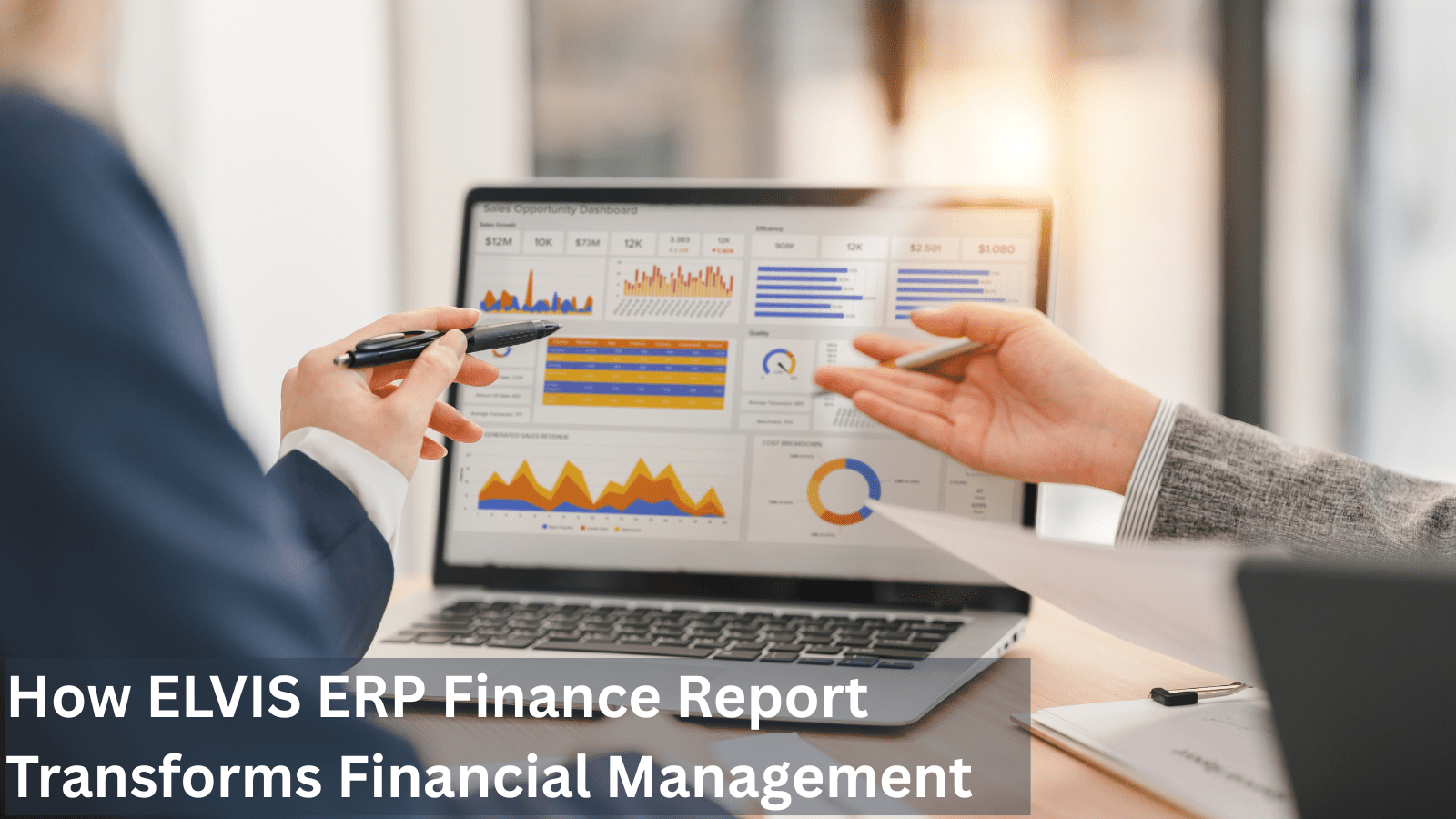Leveraging CRM System
In the fast-paced world of business, customer relationship management (CRM) has emerged as a game-changer.
In this blog post, we highlight how a CRM system can help you build stronger customer relationships and how a CRM system can be your secret weapon for maximizing profits.
Understanding CRM
What is CRM?
CRM, or Customer Relationship Management, at the basic level is a software system used to manage customer relationships as the name suggests. A CRM system analyzes customers’ history with a company to improve business relationships, specifically focusing on customer retention and driving sales growth.
Why Do You Need CRM?
Imagine having a centralized hub where you can keep track of all your customer interactions, from the first point of contact to post-purchase support. This is basically what a CRM system does. It helps you understand your customers better, streamline processes, and ultimately boost your revenue.
How Does CRM Help with Lead Management?
One of the primary functions of a CRM system is lead management. It allows you to collect and organize information about potential customers. From contact details to their preferences, a CRM system ensures that no lead falls through the cracks.
Companies that automate lead management see a 10% or more increase in revenue in 6-9 months.
How Does CRM Assist in Customer Conversion?
CRM systems provide insights into customer behavior, enabling targeted communication and personalized interactions. By analyzing data, you can tailor your approach to each lead, increasing the likelihood of conversion.
Businesses that nurture leads make 50% more sales at a cost 33% less than non-nurtured prospects.
Building Loyalty: Keeping Customers Happy and Coming Back
How Does CRM Foster Customer Loyalty?
Once a lead becomes a customer, the CRM journey continues. CRM systems help in managing post-purchase interactions, providing excellent customer service, and tailoring future offerings based on past behavior.
The most important question to ask is – how can we personalize offers to encourage repeat business?
Maximizing Profits: The Bottom-Line Impact
How Does CRM Contribute to Profit Maximization?
By efficiently managing leads, converting them into customers, and fostering loyalty, a CRM system directly impacts your company’s profitability. Through benefits such as automation, your employees can focus on building better relationships with customers rather than focusing on time-consuming tasks such as data entry.
CRM applications can help increase revenue by 41% per salesperson.
Choosing the Right CRM System: A Brief Guide
As you delve into the world of CRM, it’s crucial to choose a system that aligns with your business goals. Consider factors such as scalability, ease of use, and integration capabilities. Many options cater specifically to small and medium-sized businesses, ensuring that you get the most out of your investment.
Questions to Ask When Choosing a CRM System
- Is the CRM system user-friendly for users with no technical training?
- Does it integrate seamlessly with existing tools and software?
- What level of customer support and training does the CRM provider offer?
Conclusion: Your CRM Journey Begins
A CRM is not just a tool; it’s a strategic approach to understanding and managing your customer relationships. From leads to loyalty, each stage of the customer journey is optimized, leading to increased profits and sustainable business growth.
Remember that the key is to embrace data and use it to create meaningful connections with your customers. In the digital age, where customer experience is everything, a CRM system is your compass, guiding you towards success in the competitive business landscape.
Frequently Asked Questions (FAQs)
What is CRM, and why is it essential for business?
CRM, or Customer Relationship Management, is a strategy and technology designed to manage a company’s interactions with current and future customers. It is essential for businesses as it helps streamline processes, enhance customer relationships, and ultimately maximize profits.
How does CRM assist in lead management?
CRM assists in lead management by providing a centralized hub to collect and organize information about potential customers. It ensures that no lead falls through the cracks and helps businesses understand their leads’ demographics and preferences.
Why is personalized communication crucial in converting leads into customers?
Personalized communication is crucial as it allows businesses to tailor their approach to each lead, increasing the likelihood of conversion. CRM systems provide insights into customer behavior, enabling targeted communication and personalized interactions.
What role does CRM play in customer conversion and retention?
CRM plays a significant role in customer conversion by providing insights into customer behavior, allowing for targeted communication and personalized interactions. It also contributes to customer retention by managing post-purchase interactions, providing excellent customer service, and tailoring future offerings based on past behavior.
Can small and medium-sized businesses benefit from CRM systems?
Yes, absolutely. Many CRM systems are designed specifically to cater to small and medium-sized businesses. These systems ensure that businesses of all sizes can enjoy the benefits of efficient lead management, customer conversion, and loyalty building.
What factors should be considered when choosing a CRM system?
When choosing a CRM system, consider factors such as scalability, ease of use, and integration capabilities. It’s important to ensure that the chosen system aligns with your business goals and offers adequate customer support and training.
What steps can businesses take to ensure a successful implementation of CRM?
To ensure a successful implementation of CRM, businesses should start by clearly defining their goals and objectives. Adequate training for users is crucial, and ongoing support is necessary. Regularly review and update your CRM strategy to ensure it continues to meet the evolving needs of your business.








